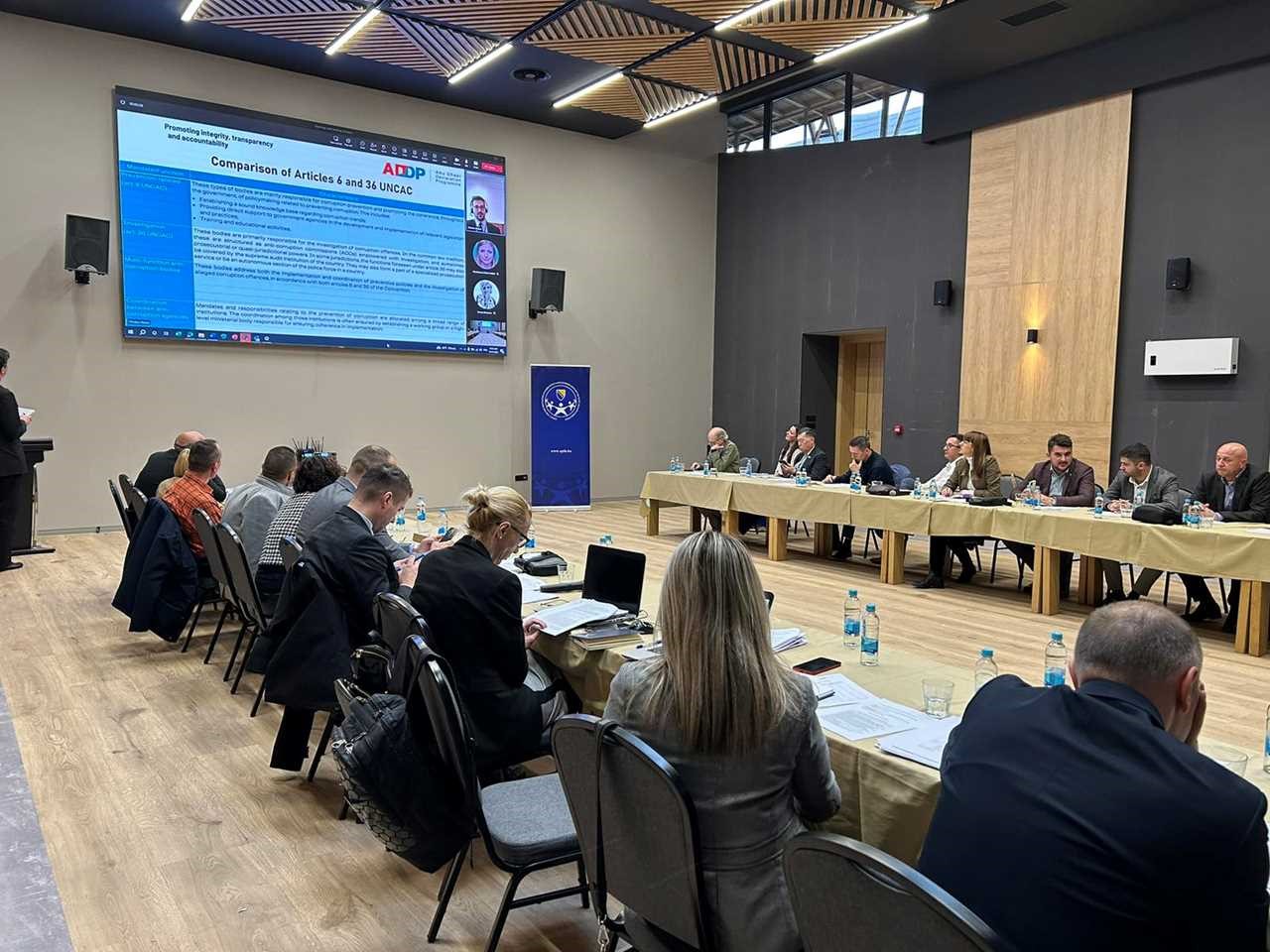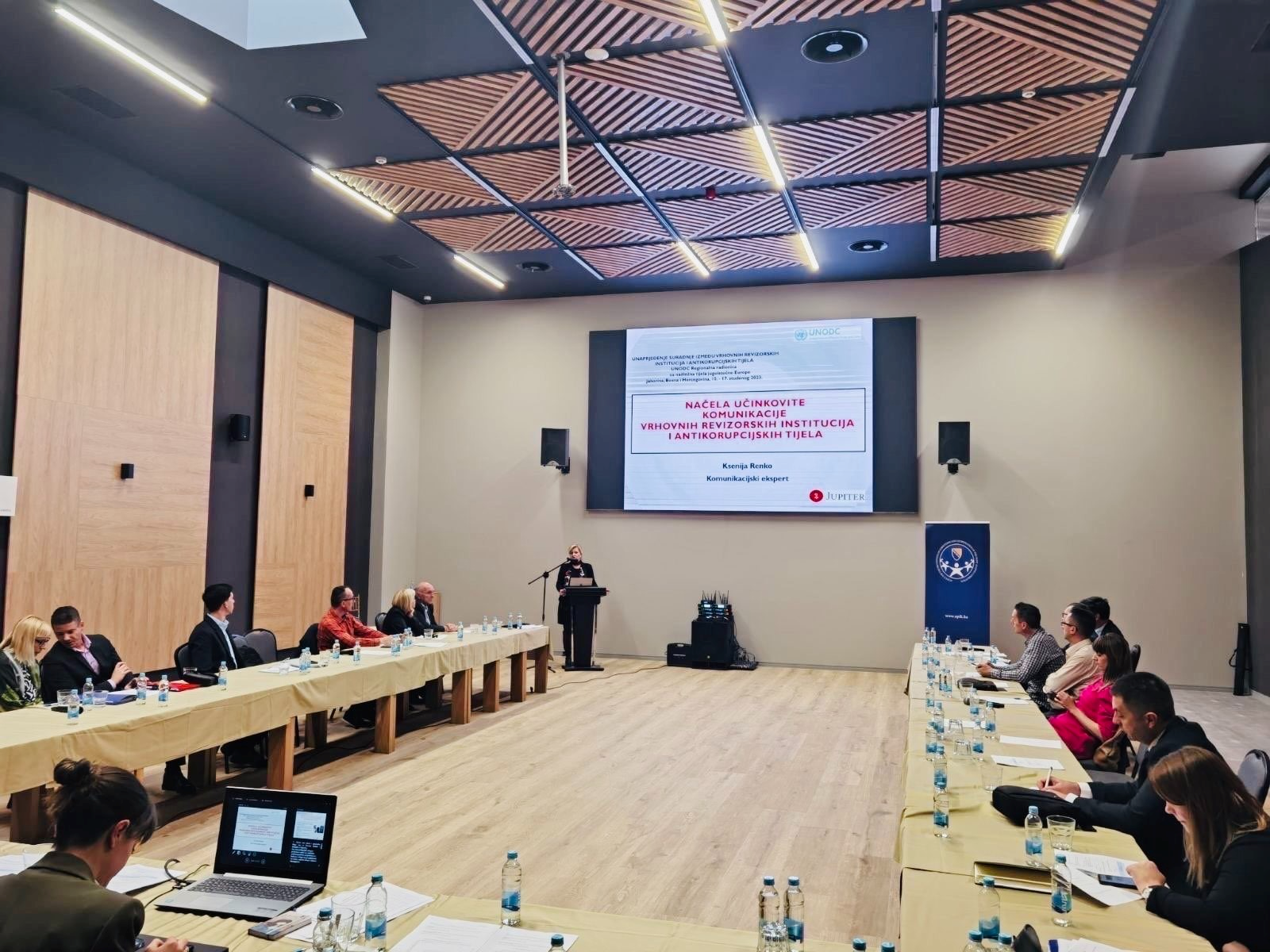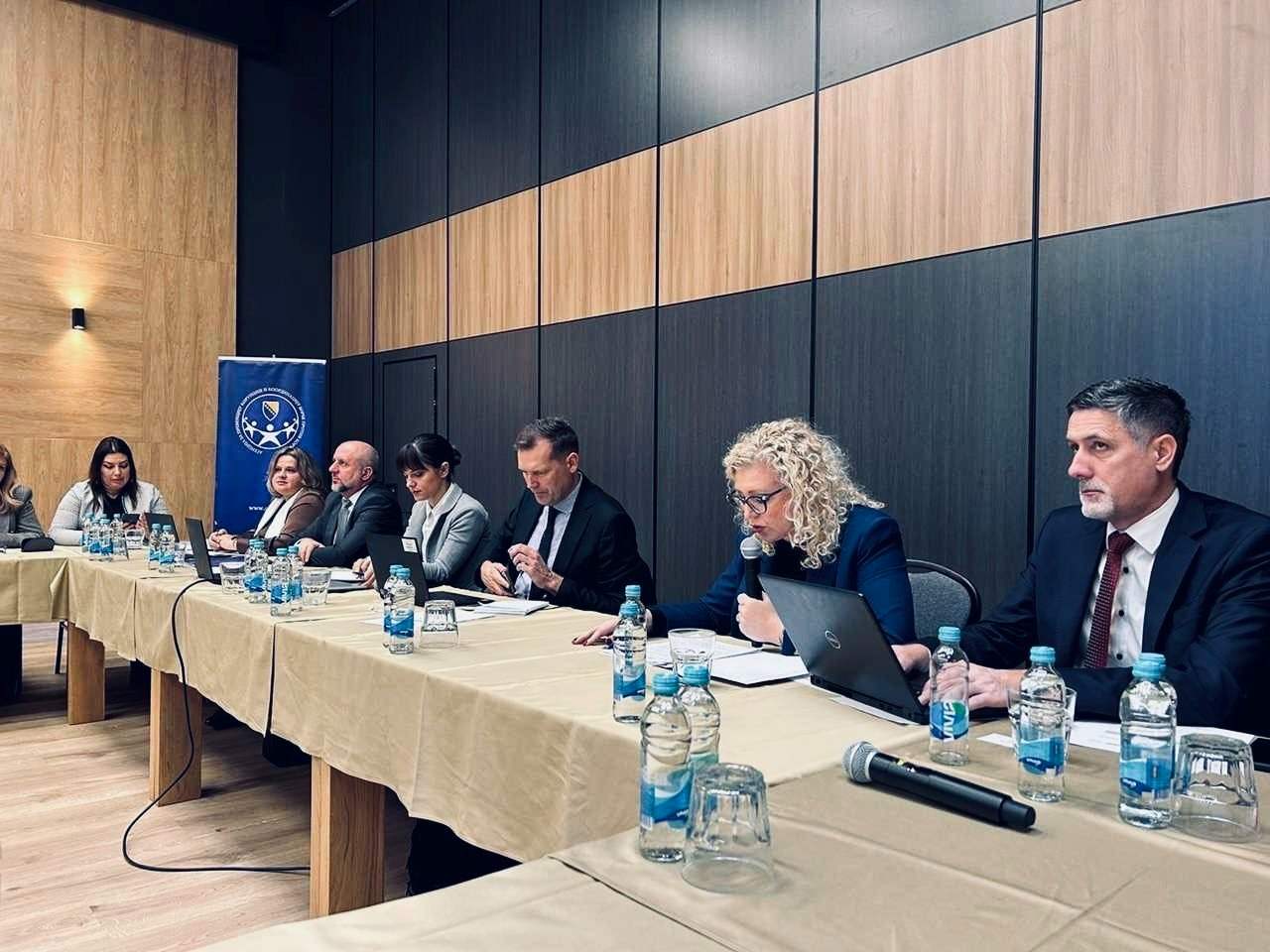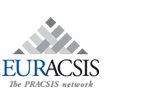Strengthening Cooperation in the Fight Against Corruption in Bosnia and Herzegovina
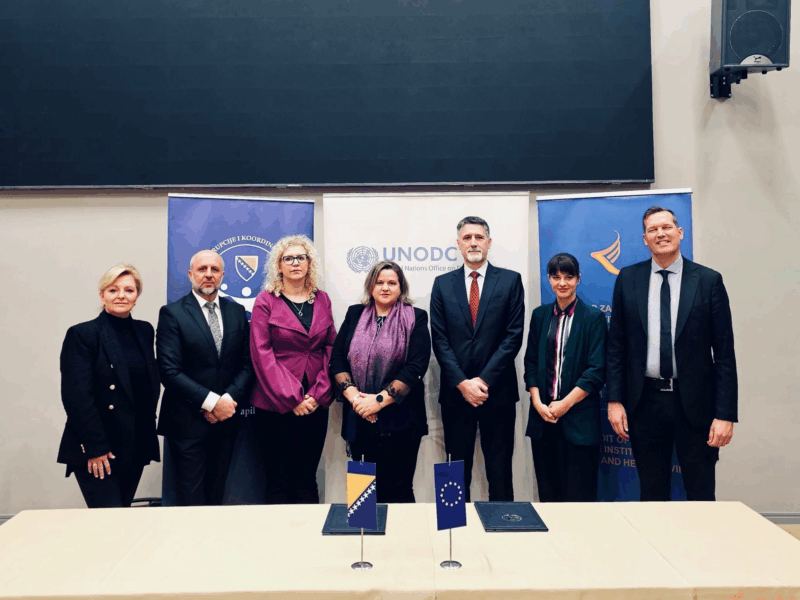
The Agency for Prevention of Corruption and Coordination of the Fight Against Corruption and the Office for the Audit of Institutions of BiH signed a memorandum of understanding and cooperation
November 2023, Sarajevo, Bosnia and Herzegovina
To strengthen anti-corruption initiatives and promote values of ethics, integrity, and accountability, the Agency for the Prevention of Corruption and Coordination of the Fight Against Corruption of Bosnia and Herzegovina (APIK) and the Audit Office of the Institutions of Bosnia and Herzegovina have signed a Memorandum of Understanding and Cooperation.
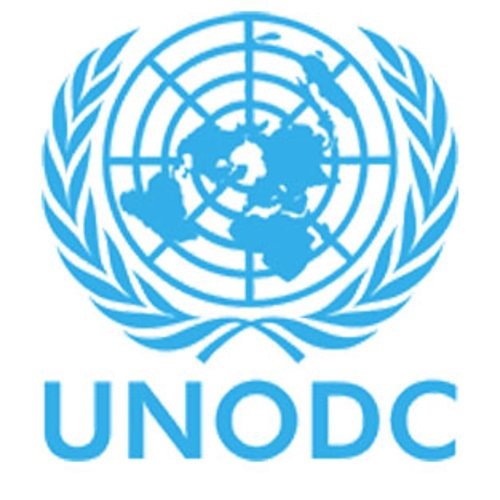
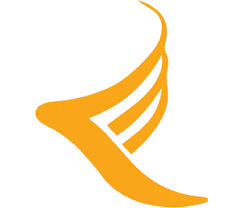
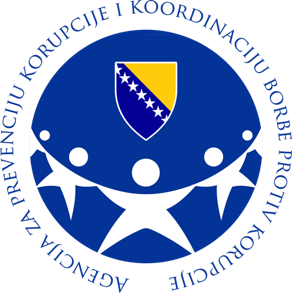
The signing ceremony occurred during a workshop titled “Strengthening Cooperation Between Supreme Audit Institutions and Anti-Corruption Bodies”, organised with financial support from the United Nations Office on Drugs and Crime (UNODC).
This memorandum originates from the Abu Dhabi Programme Declaration, which promotes formalising cooperation between supreme audit institutions (SAIs) and anti-corruption bodies (ACBs). In this spirit, the heads of the Agency and the Office agreed to strengthen collaboration in several key areas—particularly in sharing information on anti-corruption activities and utilising audit findings to inform the development of integrity and anti-corruption plans.
The signing was preceded by a two-day workshop on “Strengthening Cooperation Between Audit Institutions and Anti-Corruption Agencies.” Besides representatives from the Agency and the Audit Office, the event—supported by UNODC—was attended by members of the judiciary, law enforcement agencies, and other relevant domestic and international institutions. Participants agreed that increased cooperation between anti-corruption and audit institutions in Bosnia and Herzegovina could be a key factor in preventing and fighting corruption, promoting transparency, and rebuilding citizens’ trust in public institutions.
Enhancing Communication and Collaboration Between
Audit Institutions and Anti-Corruption Bodies
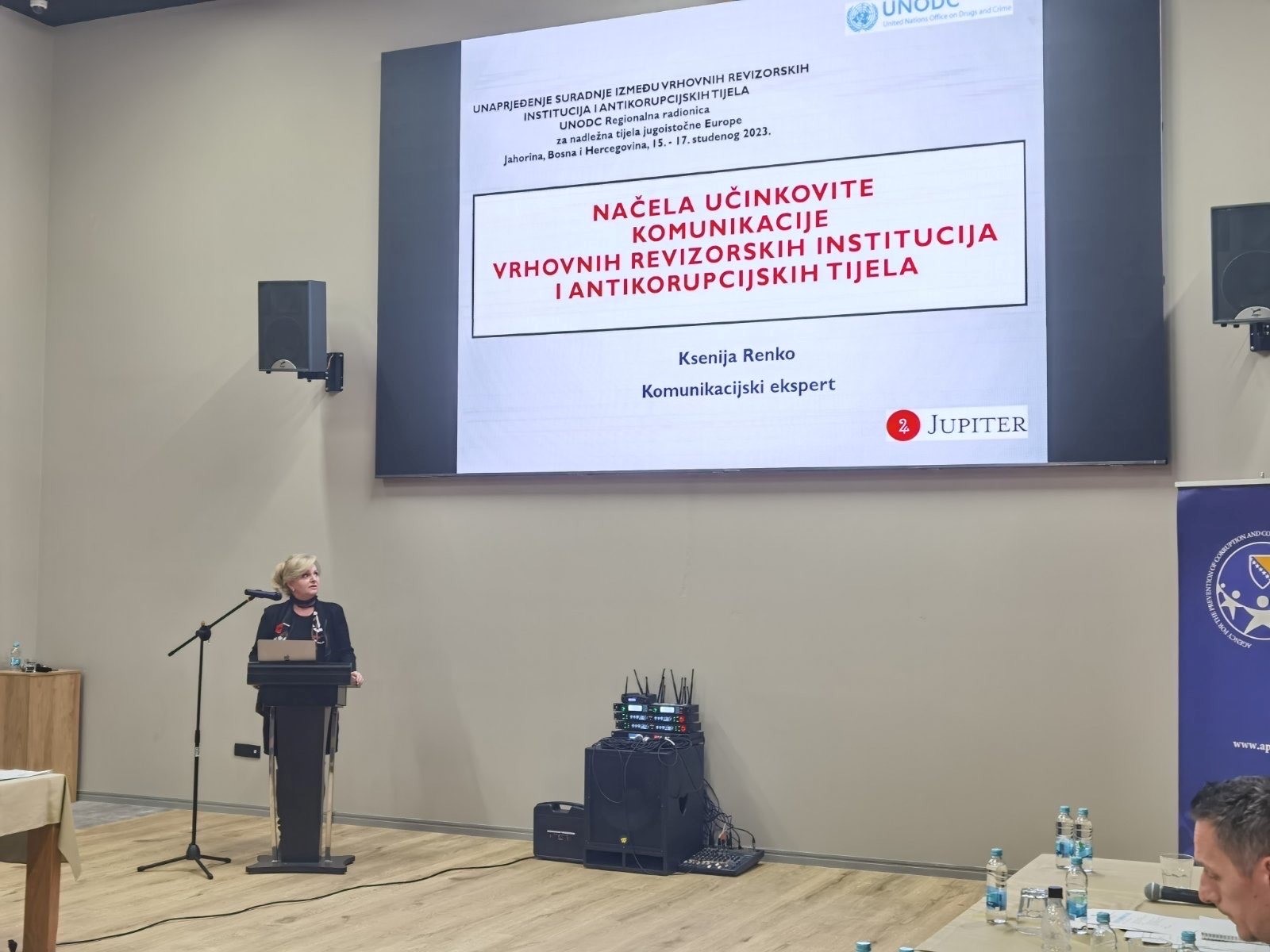
In their vital and demanding role to combat corruption within their countries, supreme audit institutions and anti-corruption bodies have significantly expanded both their mandates and human resources. Due to the sensitive and complex nature of their work, their prominent public profile, and the extent of their responsibilities, organisational leaders face the challenging task of balancing relationships with the public, prosecutors, politicians, the media, and various expert services. Recognising these challenges and following their institutional development strategies, leaders and managers must allocate time and resources to strengthening both the systems and culture of internal and external communication — within their organisations and between institutions. Communication departments within SAIs and ACBs should ensure efficient information flow at both horizontal and vertical levels, while strategic communication with the public and media will allow professionals to share their perspectives on their work, environment, and motivation. Most importantly, it will help guarantee the secure and reliable exchange of information, much of which is highly sensitive and confidential,” emphasised Ksenija Renko, Senior Communication Expert at JUPITER Strategic Consulting, Croatia.
Towards a Transparent and Accountable Society
Based on the signed Memorandum, a series of joint activities will be carried out between APIK and the Audit Office, and, where possible, in cooperation with prosecutorial bodies and law enforcement agencies. The aim is to make anti-corruption prevention in Bosnia and Herzegovina as effective and comprehensive as possible.
Corruption remains a major challenge worldwide, with Bosnia and Herzegovina currently ranking 110th out of 180 countries in international corruption perception surveys. The signing of this Memorandum between APIK and the Audit Office thus marks an important step forward in strengthening the country’s institutional framework for integrity and accountability.
During the event, participants were also introduced to a practical guide showcasing examples of successful collaboration between audit institutions and anti-corruption agencies. This partnership supports the implementation of the United Nations Convention against Corruption. It emphasises the importance of sharing experiences, recognising challenges, and encouraging cooperation among audit offices, anti-corruption bodies, prosecutorial institutions, law enforcement agencies, and other stakeholders involved in the fight against corruption.
One of the most ongoing challenges in Bosnia and Herzegovina’s audit system is the insufficient cooperation between the supreme audit institutions and the authorities responsible for implementing audit findings, conclusions, and recommendations. These entities are expected to take concrete actions to address breaches of the law, abuse of authority, and corruption. For years, the Audit Office of the Institutions of Bosnia and Herzegovina has been working to confront this challenge by strengthening partnerships with all relevant stakeholders—those who can help foster a more ethical and responsible social environment with lower tolerance for corruption and other harmful practices. Consequently, participants reaffirmed that closer collaboration between anti-corruption bodies and audit institutions could play a vital role in building a transparent society and enhancing citizens’ trust in public institutions. Going forward, the Agency and the Audit Office, together with judicial and law enforcement agencies, will continue to develop joint initiatives to improve the effectiveness of anti-corruption efforts across Bosnia and Herzegovina.
